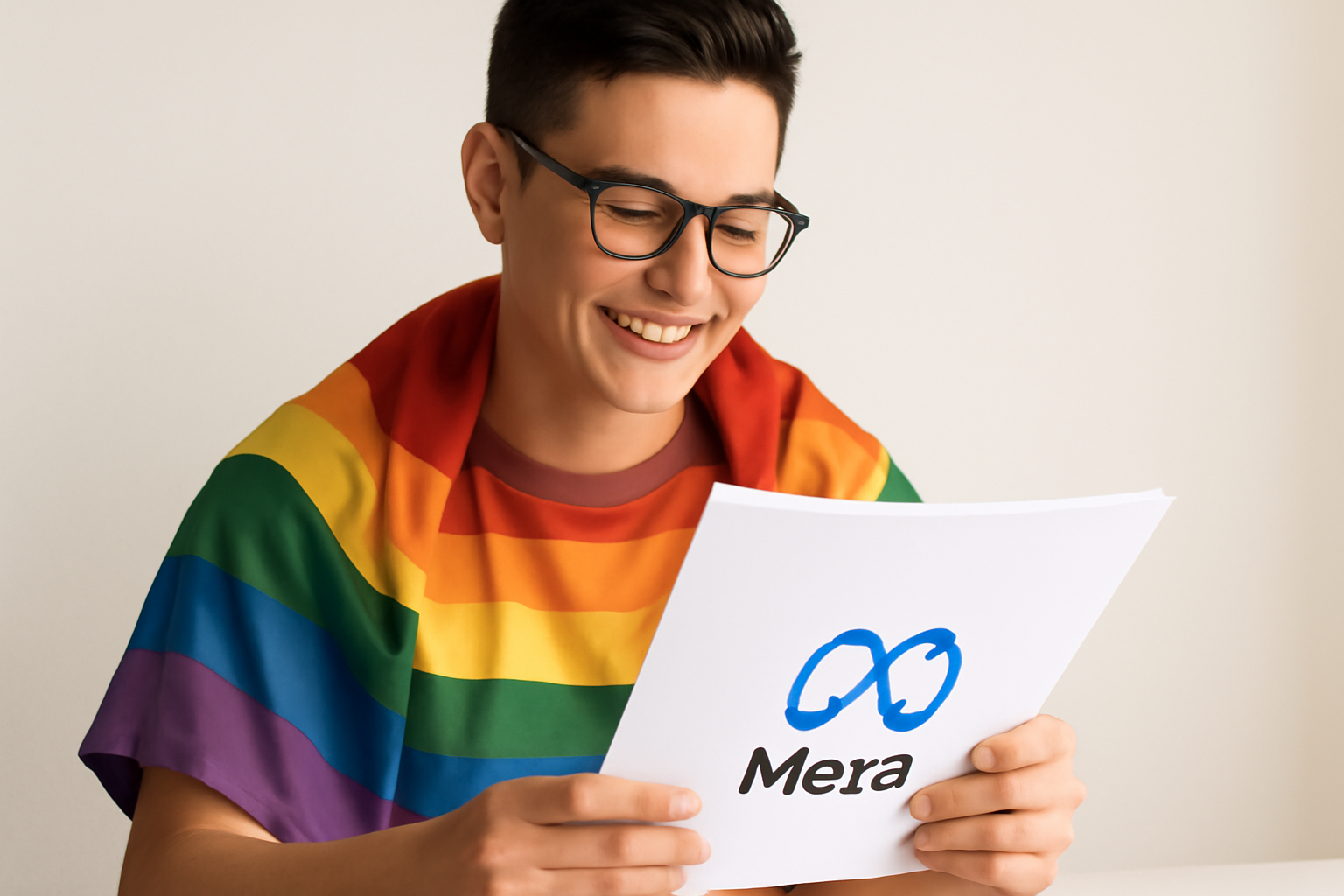
In recent times, social media platforms like Meta have become essential venues for connecting, sharing stories, and advocating for rights within the LGBTQ+ community. As these platforms evolve, it's crucial for users to stay informed about new policies and guidelines that may affect their online interactions.
Introduction to Meta's Updated Policies
Meta, the parent company of popular platforms such as Facebook and Instagram, has recently updated its community standards. These changes aim to foster a safer, more inclusive environment, but they also introduce new rules that users must understand to avoid inadvertently violating them.
The updated policies are a response to ongoing concerns about misinformation, hate speech, and the safety of marginalized communities online. While these updates are designed to benefit all users, it's particularly important for LGBTQ+ individuals and groups to be aware of the changes to ensure their voices continue to be heard without facing penalties.
Key Changes in Meta's Community Guidelines
The new rules include several significant changes:
1. Enhanced Anti-Hate Speech Measures: Meta has strengthened its hate speech policies, making it clear that discriminatory language and harassment based on sexual orientation, gender identity, or any other protected characteristic will not be tolerated. This change is aimed at curbing the spread of harmful rhetoric that can contribute to real-world harm.
2. Greater Transparency in Content Moderation: The platform is also providing more transparency in how content is moderated. This means users will have clearer guidelines on what constitutes a violation and how decisions are made regarding content removal.
3. Support for LGBTQ+ Content Creators: Recognizing the unique challenges faced by LGBTQ+ content creators, Meta is committed to supporting these voices by enhancing visibility for content that supports and uplifts the community. This involves algorithm changes designed to promote positive and inclusive content.
What These Changes Mean for LGBTQ+ Users
The implications of these policy changes are profound for the LGBTQ+ community:
Firstly, the stricter enforcement of anti-hate speech policies means that users might feel more protected when sharing their experiences and identities online. This can create a more welcoming environment and encourage more people to engage openly on these platforms.
However, it's important to remain vigilant. While the policies are intended to protect, there could be instances of overreach where content is improperly flagged. Users should familiarize themselves with the appeals process to regain access to content that may have been wrongfully removed.
Navigating Policies as an LGBTQ+ User
To make the most of Meta's platforms under the new rules, here are some steps LGBTQ+ users and groups can take:
1. Educate Yourself and Your Community: Knowing the specifics of the new guidelines will help you navigate them more effectively. Consider hosting online workshops or discussions within your community to ensure everyone is informed.
2. Use Privacy Settings Wisely: Adjusting your privacy settings can offer additional protection. Be mindful of what you share publicly versus within a trusted network.
3. Engage with Supportive Networks: Collaborate with other LGBTQ+ groups to create a support system that can help address any challenges that arise from these new policies.
4. Provide Feedback to Meta: As a community, offering constructive feedback to Meta can help shape future updates. Use their feedback tools to share your experiences and suggestions.
Conclusion: Staying Engaged and Informed
Meta's new rules present both opportunities and challenges. By staying informed and proactive, the LGBTQ+ community can continue to thrive and use these platforms for advocacy and connection. While the digital landscape is continuously changing, the spirit of resilience and community within the LGBTQ+ network remains strong.
Ultimately, understanding and adapting to these guidelines will empower users to maintain a vibrant and supportive online presence.
Related Posts
Triumphant Trans Woman Wins Legal Battle and Inspires Others to Stand Up for Their Rights
Breaking new ground: a landmark victory in transgender rights After battling in courtrooms and enduring endless challenges, Diana Portillo, a transgender woman, has secured a monumental victory in her decade-long fight against workplace discrimination. The result? Nearly $1 million awarded in a historic settlement. But this isn't just a win on paper—it represents a powerful precedent in combati [...]
Pride Month in Latin America: Protests and Demands for Equality
**Celebrating Pride and advocating LGBTQ+ rights in Latin America** Pride Month in Latin America was a lively mix where celebration met activism. Communities united, not just throwing a party but making a stand—demanding equality and pushing governments toward better protection and rights recognition. Throughout Latin America, pride events erupted in marches and cultural displays, each with a c [...]
Transgender Erasure Actions Implemented by National Park Service
```html Trump administration's impact on national park service and transgender recognition The Trump administration made notable moves in undermining transgender representation, which included directing agencies like National Park Service not include "T" and "Q" when they refered “LGBTQ” in any official communication. This move seems part a broader plan by this administration aimed at reducin [...]